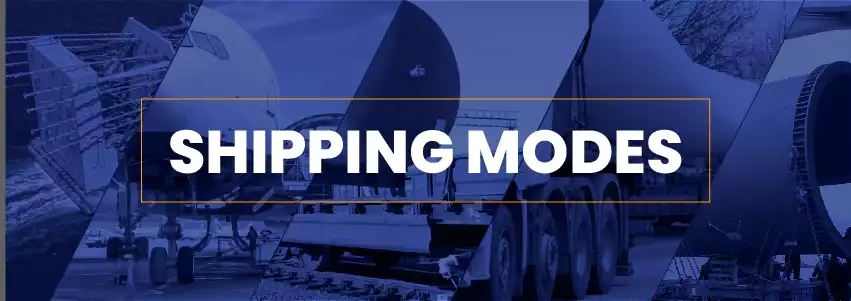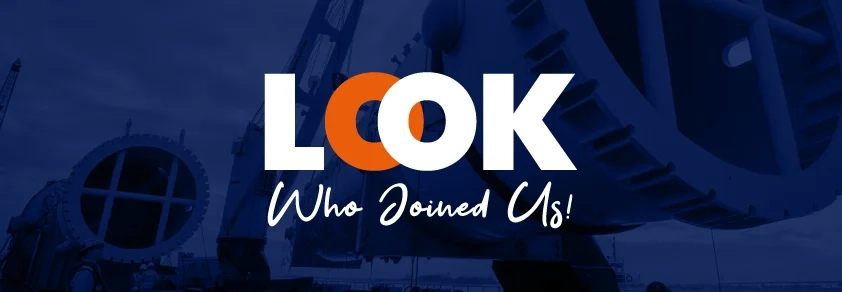Types of Shipping Modes
Efficient logistics are vital for businesses engaging in international trade. Shipping is the backbone of global trade, facilitating the movement of goods across countries. Depending on the destination, urgency, and type of product, various transportation methods are available. The five primary shipping modes: air, land, sea, rail freight and project cargo, each offer unique advantages, and understanding their key differences is crucial for selecting the best solution for your needs. OPCA members are at your service to help you choose the most suitable shipping mode.
1. Air Freight
Air freight is the preferred mode of transport for time-sensitive shipments, especially those involving high-value or perishable goods. Utilizing cargo aircraft or even commercial passenger planes, air freight ensures rapid delivery across vast distances. The members of OPCA act as intermediaries between exporters, importers, and airlines to provide the most reasonable prices, considering budget and time constraints, and accompany the parties throughout the shipping journey.
2. Land Freight
Land freight (ground shipping), which includes shipping by truck, is a commonly used method for moving goods overland. Whether for country to country, regional or inland transportation, land freight is known for its flexibility and cost-effectiveness. Since OPCA members organize land freight as part of their daily routine, especially in the project cargo business, and have an extensive freight network, they can help customers transport oversized cargo.
3. Sea Freight
Sea freight, also known as ocean freight, is the most widely used method for transporting goods across international waters. It is often preferred for bulky, non-urgent shipments, such as heavy machinery, raw materials, and manufactured goods. International freight forwarders help customers, especially in selecting the right equipment for sea freight. OPCA members are qualified in project cargo shipments and provide customers with a one-stop solution.
4. Rail Freight
Rail freight is a specialized mode of transportation for bulk materials and goods moved in containers or bulk carriers by train. It’s particularly useful for large shipments that need to be moved across land over long distances. OPCA members are capable of operating in all shipping modes, including rail freight, and are always at customers’ disposal.
5. Project Cargo
Project cargo involves the shipping of large, heavy, out of gauge (OOG) or complex goods that require special handling and logistics services. These shipments, often part of major industrial projects, may use multiple shipping modes such as air freight, sea freight, land freight, and rail freight, and require meticulous planning to meet safety, timing, and budget requirements. International freight forwarders gather under the OPCA with the aim of fostering business growth in the project cargo field. The members work together to help exporters and importers handle their cargo.
Selecting the Best Freight Forwarder for Your Business
Choosing the right mode of shipping is essential for meeting delivery deadlines, controlling costs, and ensuring the safe transportation of goods. Overseas Project Cargo Association, or OPCA members play an important role at this point. Briefly we can say that air freight is ideal for time-sensitive, high-value shipments. Land freight offers flexibility and cost efficiency. Sea freight remains the most cost-effective option for large, bulk shipments across international waters, while rail freight provides a sustainable, reliable choice for bulk transport over land.
Obviously, each shipping mode has its strengths and weaknesses, and the best option depends on customers' specific requirements, such as cargo dimensions, shipment frequency, delivery timelines or deadlines, and budget considerations. OPCA members can help about understanding these shipping modes allows customers to make informed decisions that best suit their logistics needs and ultimately help them stay competitive in the global marketplace.
_logo.webp)



